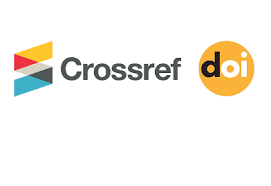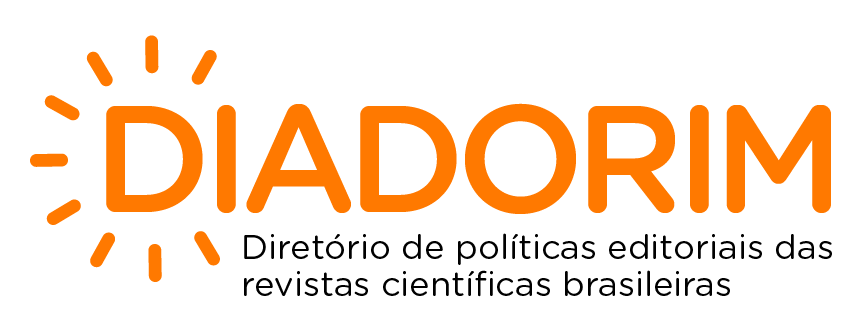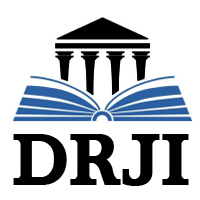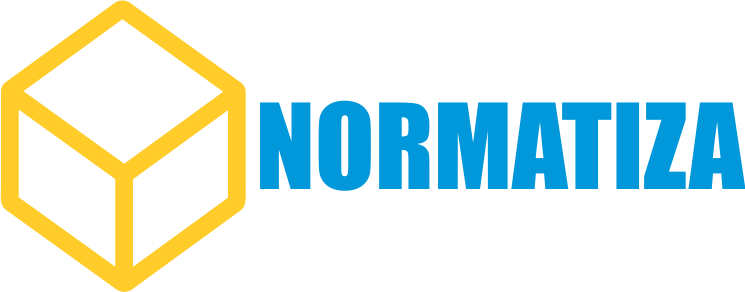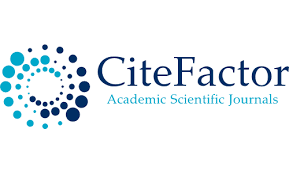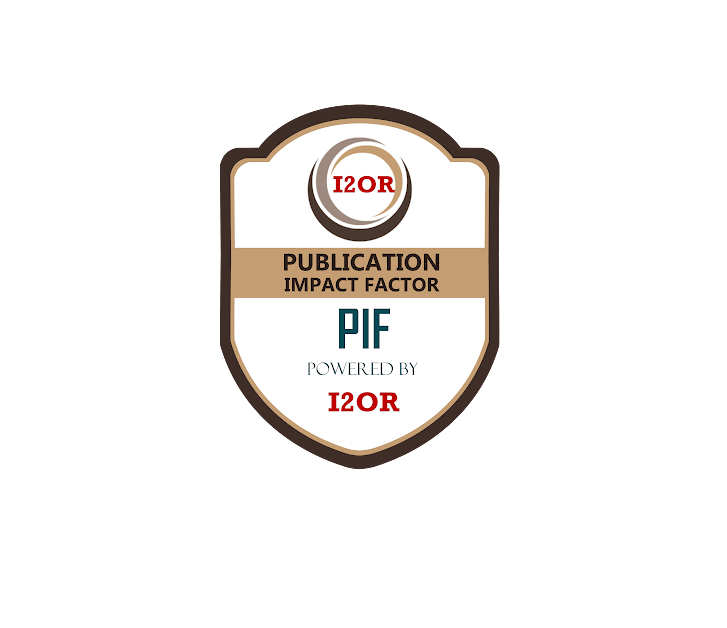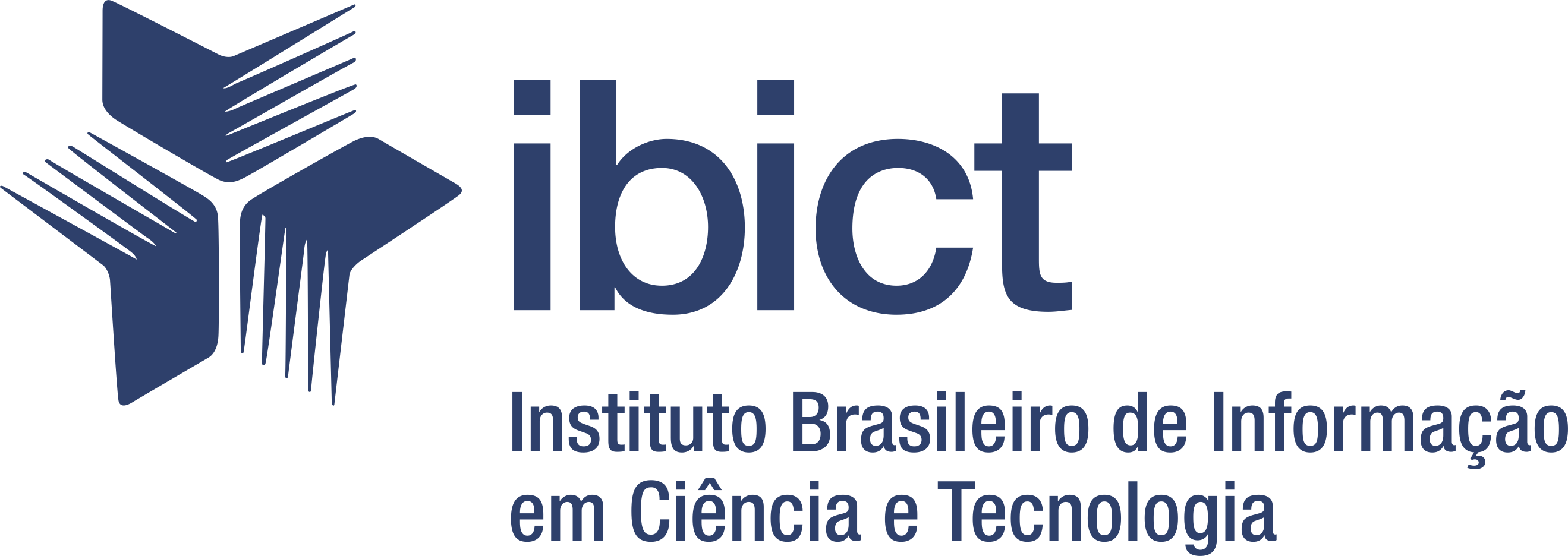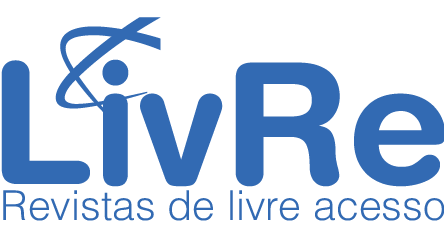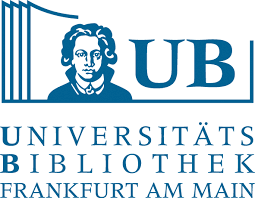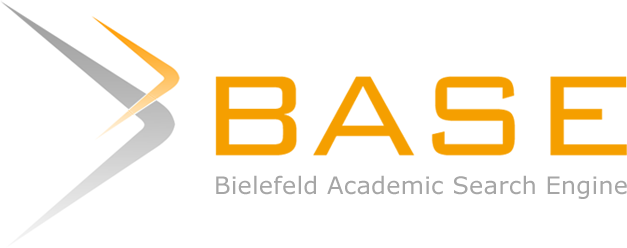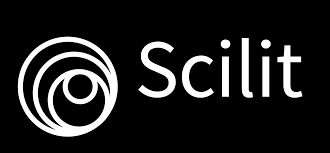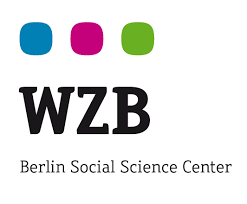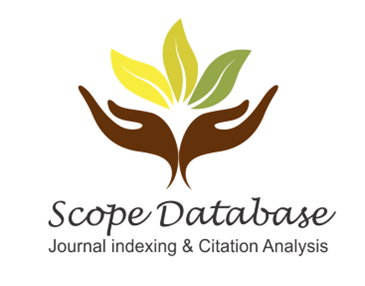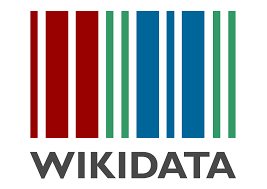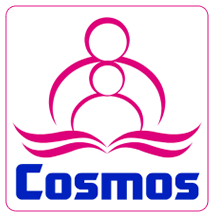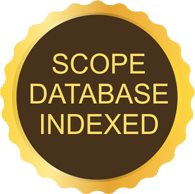THE METAVERSE COULD BE CRUCIAL TO THE ANNIHILATION OF MANKIND
DOI:
https://doi.org/10.53612/recisatec.v2i4.118Keywords:
Metaverse, Virtual reality, AdaptationAbstract
Nowadays, for our society and for the way it has been developing, the participation of people in virtual reality platforms is fundamental to feel fulfilled and integrated. This type of platform helps us, in an unprecedented way, to obtain detailed information about any subject, to interact with contents, users and communities in any latitude of the planet, being one of the greatest achievements in this field, increasing the abstract of the physical world to the virtual.
However, by transcending this technology, it forces people to manage new virtual worlds and things are not as simple as they seem. We are beings programmed in a certain way and the change that is occurring is being too sudden, giving us no time to make the necessary adaptation so that it is not so damaging to us. All the wave of facilitation masks a much harsher reality that can bring us many negative consequences.
Downloads
References
Anacona, J. D., Millán, E. E. y Gómez, C. A. Aplicación de los metaversos y la realidad virtual en la enseñanza, Entre Ciencia e Ingeniería, vol. 13, no. 25, pp. 59-67, enero-junio de 2019. DOI: http://dx.doi.org/10.31908/19098367.4015. DOI: https://doi.org/10.31908/19098367.4015
Anton Bogdanovych, Tomas Trescak and Simeon Simoff. 2015. Formalising Believability and Building Believable Virtual Agents. In: Stephan K. Chalup,Alan D. Blair and Marcus Randall, eds. Artificial Life and Computational Intelligence (First Australasian Conference ACALCI 2015, Newcastle, NSW, Australia).Cham: Springer, 142-156. DOI: https://doi.org/10.1007/978-3-319-14803-8_11
Asteriadis, S., Tzouveli, P., Karpouzis, k., y Kollias, S. «Estimation of behavioral user state based on eye gaze and head pose-application in an e-learning environment,» Multimedia Tools and Applications, vol. 41, nº 3, p. 469-493, 2009. DOI: https://doi.org/10.1007/s11042-008-0240-1
Ata, R. «An exploration of higher education teaching in Second Life in the context of blended learning.,» Turkish Online Journal of Educational Technology-TOJET, vol. 15, nº 3, pp. 1-9, 2016.
Lin, T. J., y Lan, Y. J. «Language Learning in Virtual Reality Environments: Past, Present, and Future,» Journal of Educational Technology & Society, vol. 18, nº 4, pp. 486-497, 2015
Lv, Z., Li, X., y Li, W. «Virtual reality geographical interactive scene semantics research for immersive geography learning,» Neurocomputing, vol. 254, nº 6, pp. 71-78, 2017. DOI: https://doi.org/10.1016/j.neucom.2016.07.078
SCHLEMMER, Eliane; BACKES, Luciana. Metaversos: novos espaços para construção do conhecimento. Rev. Diálogo Educ., Curitiba , v. 08, n. 24, p. 519-532, ago. 2008 . Disponível em <http://educa.fcc.org.br/scielo.php?script=sci_arttext&pid=S1981-416X2008000200015&lng=pt&nrm=iso>. acessos em 14 mar. 2022.
Ueda, H., y Nakamura, M. «Data Analysis for Evaluation on Course Design and Improvement of “Cyberethics” Moodle Online Courses,» Procedia Computer Science, vol. 112, nº 1, pp. 2345-2353, 2017. DOI: https://doi.org/10.1016/j.procs.2017.08.204
Downloads
Published
How to Cite
Issue
Section
Categories
License
Copyright (c) 2022 RECISATEC - SCIENTIFIC JOURNAL HEALTH AND TECHNOLOGY

This work is licensed under a Creative Commons Attribution 4.0 International License.
Os direitos autorais dos artigos/resenhas/TCCs publicados pertecem à revista RECISATEC, e seguem o padrão Creative Commons (CC BY 4.0), permitindo a cópia ou reprodução, desde que cite a fonte e respeite os direitos dos autores e contenham menção aos mesmos nos créditos. Toda e qualquer obra publicada na revista, seu conteúdo é de responsabilidade dos autores, cabendo a RECISATEC apenas ser o veículo de divulgação, seguindo os padrões nacionais e internacionais de publicação.








